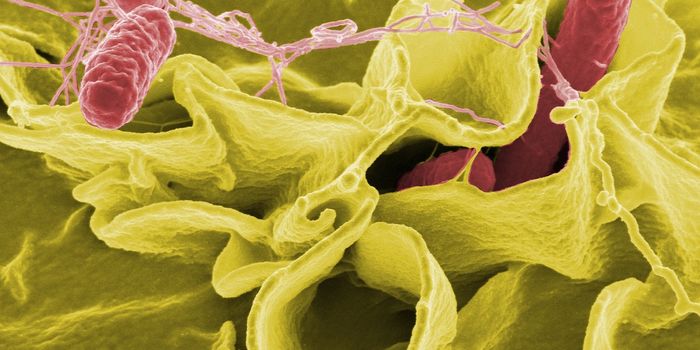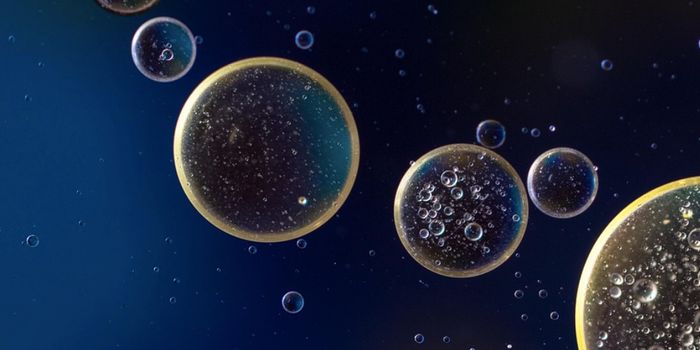Holiday Sweets May Trigger Depression
While it may be the most wonderful time of the year filled with an abundance of sweet treats, new research cautions those prone to depression to put that cookie down. The new study from a team of clinical psychologists from the University of Kansas (KU) links the consumption of added sugars to the metabolic, inflammatory, and neurobiological processes linked to depression. According to the study, published online in Medical Hypotheses and featured in the January 2020 issue of the journal, Americans’ caloric intake currently includes about 14% of added sugars.
When excess exposure to holiday sweet treats combines with less daylight and the resulting change in sleep patterns, the risk to mental health increases. In an article KU, co-author and associate professor of clinical psychology Stephen Ilardi stated, “for many people, reduced sunlight exposure during the winter will throw off circadian rhythms, disrupting healthy sleep and pushing five to 10% of the population into a full-blown episode of clinical depression.” He estimates that up to 30% of the population experiences some symptoms of “winter-onset depression.” And unfortunately, one common side effect of this depression is craving sugar.
This study revealed that inflammation is the most important psychological effect of excess sugar consumption and mental health. Ilardi stated that “we know that inflammatory hormones can directly push the brain into a state of severe depression. So, an inflamed brain is typically a depressed brain. And added sugars have a pro-inflammatory effect on the body and brain.”
According to the study, excess sugar consumption may also impact physiological depressive pathways such as microbiota disruption, perturbed dopaminergic reward signaling, insulin resistance, oxidative stress, and the generation of toxic advanced glycation end-products (AGEs). Additionally, these also relate back to increased inflammation.
The researchers recommend further studies to investigate sugar’s full impact as a depressogenic in humans. They also recommend future investigations to clarify the amount of sugar that triggers a depressive response. According to their research, the lowest risk of depression occurred in those with a median consumption of 17.8g of added sugar. They note that this is below the suggested daily limit recommended by the American Heart Association and could be used as a guideline while more research is conducted. The researchers conclude that those concerned about triggering depressive episodes with added sugar intake should consider adopting a low-sugar diet and reduce the intake of added sugars.
Sources: University of Kansas, Medical Hypotheses










